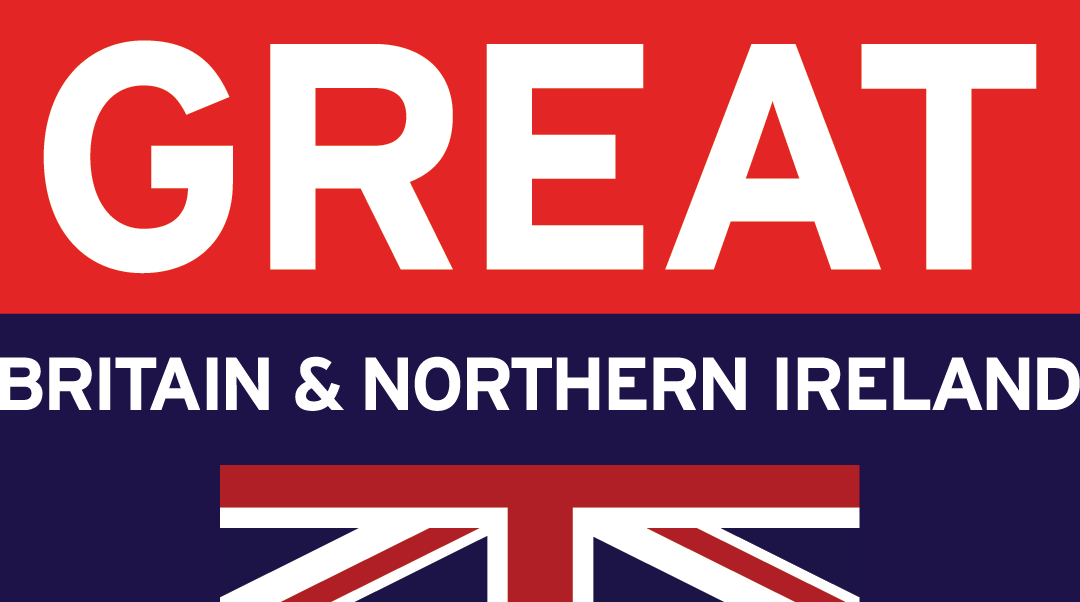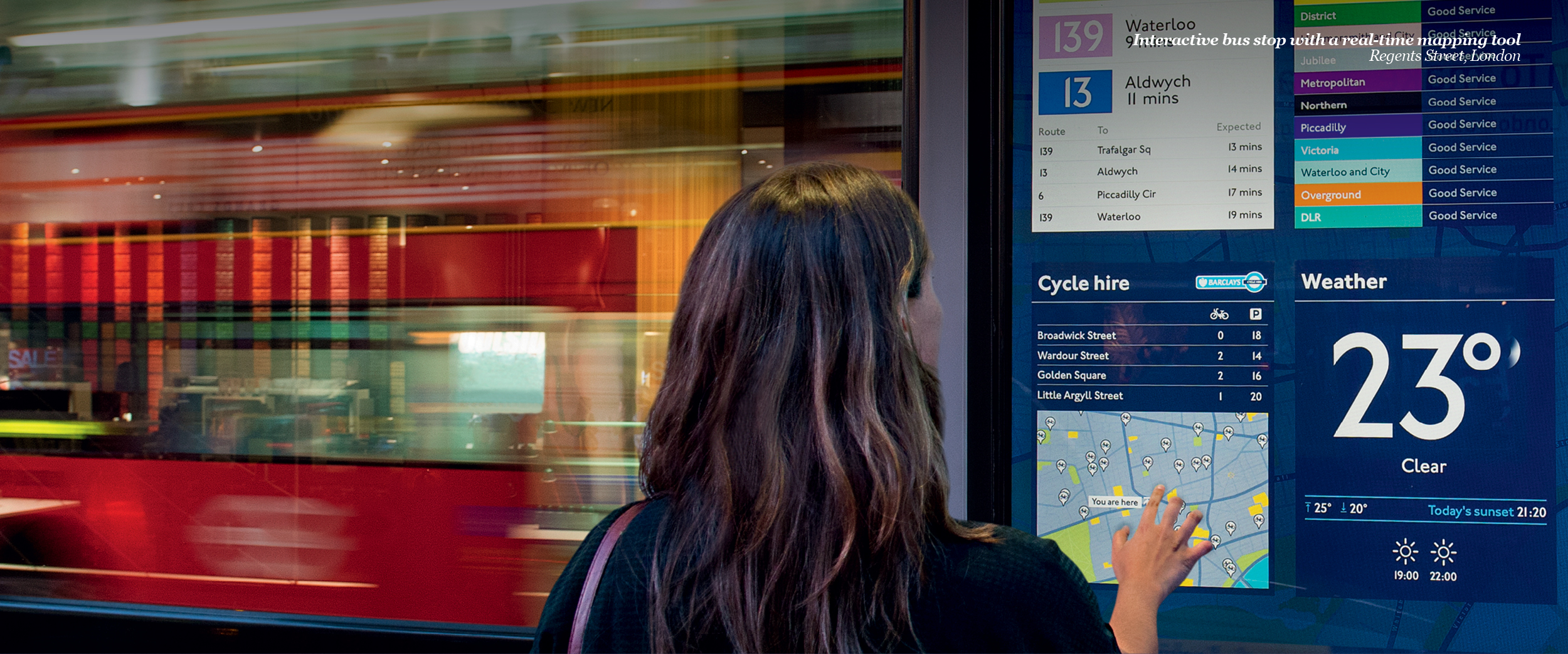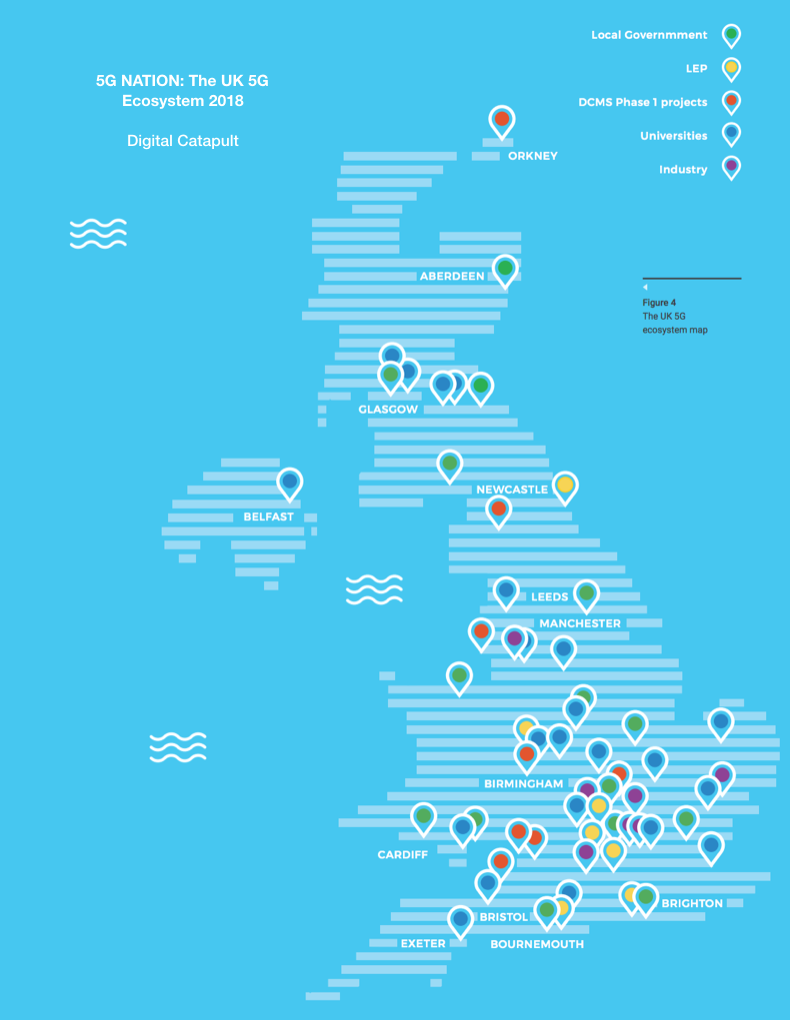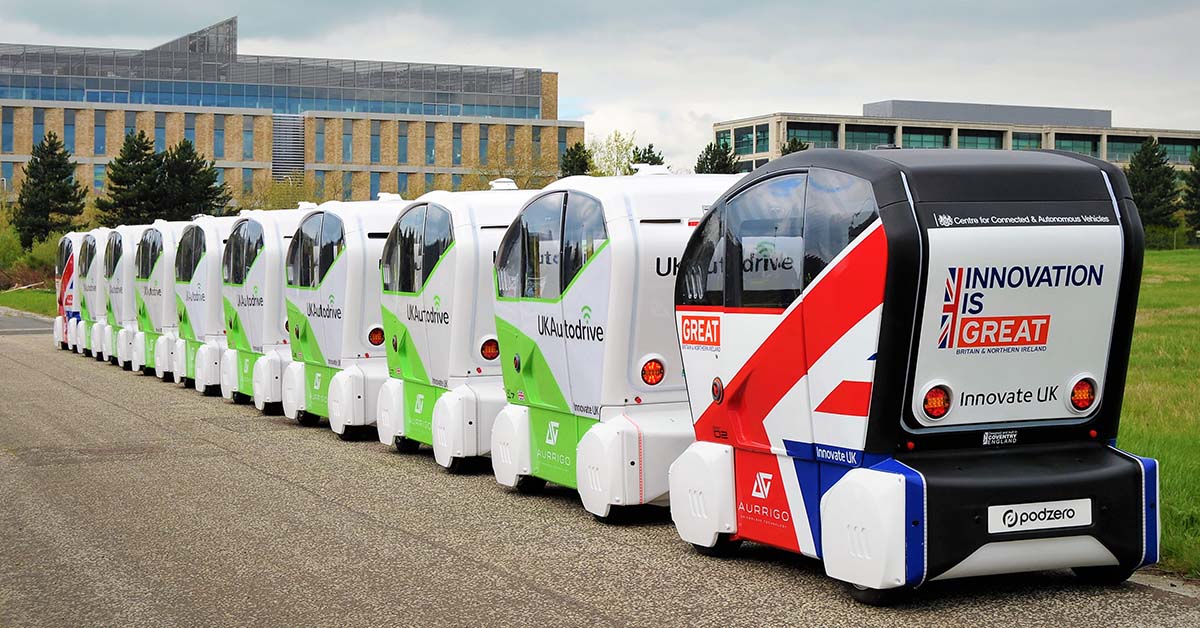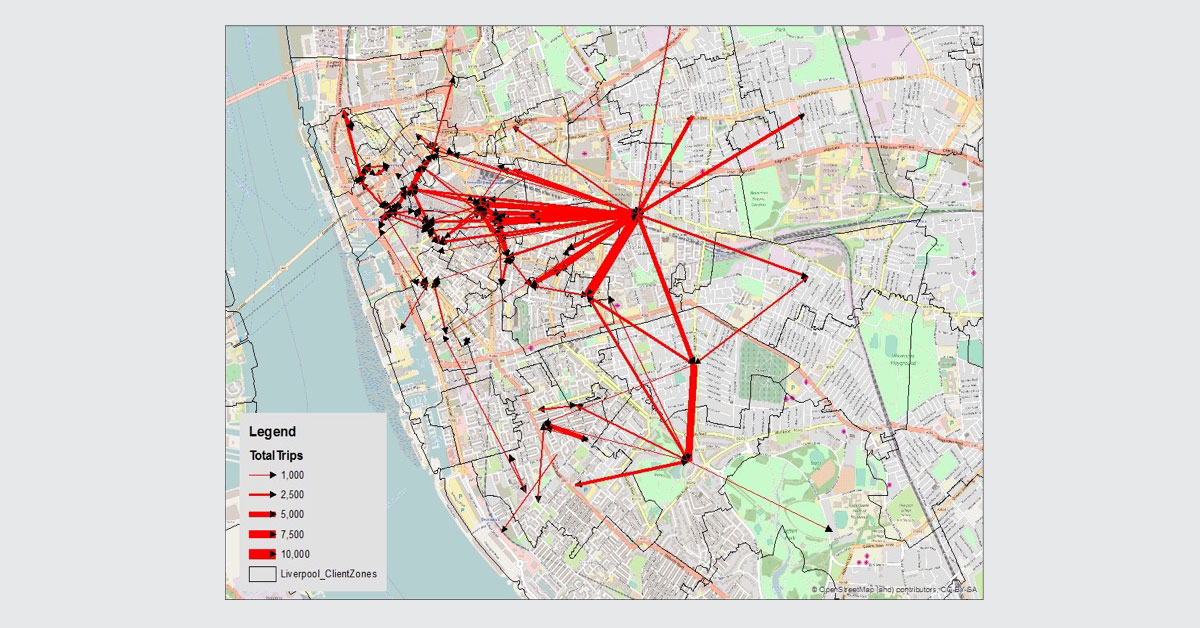| row-start col-md-7 #top-section top-section new-section colour-section |
Why the UK for Smart Cities
As global recognition goes, the work pioneered in Bristol, England, around smart cities is second to none. It has pushed boundaries and showcased the potential that a truly connected, always-on, and tech-centric city can offer to citizens and businesses alike. This success saw Bristol win the Smart City Awards at the GSMA’s Global Mobile Awards, beating Barcelona, Dubai and New York.
As a result, Bristol has become a hotbed of the finest UK talent and start-ups in smart cities, with the use of AI, big data, machine learning at the core, including:
- Cookpad, the largest recipe sharing platform in the world which has seen twenty years of success in Japan, chose Bristol as its new global headquarters
- Finnish telecoms company Nokia has been investing in Bristol for the past decade through local company acquisition and established strong connections with the University of Bristol
- Global technology super-brand Toshiba established the Telecommunications Research Laboratory in Bristol as an innovation hub in 1998.
Outside of Bristol, the UK is home to further innovation looking to the future of smart cities. Nationwide and internationally, the iconic Ordnance Survey brand is moving with the times and bringing its unrivalled leadership in mapping to play a key role in how smart cities are developed, and how the infrastructure is modelled to ensure cities operate optimally. Indeed, the company has been heavily involved with the Hong Kong government’s smart city planning.
Elsewhere, the Scottish Cities Alliance is investing millions in making Scotland’s cities smarter, using new technologies to accelerate and transform the delivery of city services. And Innovate UK offers a £4 million fund to start-up projects that can drive productivity and economic growth.
Companies of all sizes are being supported in their growth and innovation within such a dynamic and agile environment. Real-world testing, AI analytics, and refinement is pushing boundaries faster than anywhere else; attracting a wealth of international investment as a result. The Future Cities Catapult for example has launched URBAIN, a new network between industry, cities and researchers focused on accelerating the development and adoption of AI and analytics in UK cities.
The UK government has long since led the way in fostering trade and joint-innovation in the smart city space – a trade mission to South-East Asia, and a trade mission to Australia to discuss Future Cities both standing testaments to how international partnerships are being established and fostered. One of the companies on the latter mission, Sunamp (alongside OVO) secured £1.6 million in government funding to develop a commercially viable smart electric central heating system. OVO itself is one of the biggest UK success stories in utilities for use in smart cities; it set out in 2009 to make energy cheaper, greener, and simpler, blending natural energy with smart technology, with AI underpinning the efficiency of supply.
The smart city area is a very lucrative one for business; UK government estimates put the global opportunity at around £1.5 trillion by 2020 according to Frost and Sullivan reports, with the UK share of this estimated to be above 10%.
Accordingly, the UK is uniquely placed to take a leading role in the adoption of big data analytics for smart cities, based on its heritage of the creative application of new technologies. Not only does the UK have one of the fastest adoption rates of big data technologies in the world but it also is world class in solution development too. This is complemented by the presence of all of the constituent elements that are required to develop practical and innovative smart city solutions from big data, including a well-developed cloud computing, data centre and high-performance infrastructure.
The Internet of Things (IoT) is a key enabler for many smart city applications; according to ABI Research more than 30 billion devices will be wirelessly connected to the Internet of Things by 2020. This proliferation has made IoT critical to smart city success – an opportunity the UK is primed to take advantage of due to its huge breadth of innovative start-ups and established global brands in the space.
| col-sm-12 col-md-5 top-section row-end padding-top-100 |

| col-sm-12 col-md-5 top-section row-end color-focus-white |
Get your complimentary copy of our UK-Asia Technology Report 2019
Get full report now| row-start col-md-5 #top-section top-section new-section |
UK Capabilities Centres of Excellence in Smart Cities – 5G
Three sites in the UK will be linked up via 5G test beds for the first time thanks to £16 million investment from the Government. The funding will bring King's College London, the University of Surrey and the University of Bristol together for the development of the world’s first trials of end-to-end 5G system. We will see all three work in partnership to keep the UK at the forefront of 5G technology development. The 5G Hub will be the foundation to create and support projects in multiple areas, such as connected cars and autonomous driving, health and many others
The University of Surrey’s £80 million 5G Innovation Centre (5GIC) will lead the Government funded 5G Test Network project and develop 5G radio technologies and a fully virtualised mobile core network at 3.5GHz and 700 MHz frequency bands for enhanced Mobile Broadband (eMBB) and Ultra Reliable Low Latency Communications (URLLC). The 5GIC at the University of Surrey is now the largest UK academic research centre dedicated to the development of the next generation of mobile and wireless communications. Drawing on Surrey’s internationally leading work and knowledge in mobile communications, Internet of Things (IoT), satellite communications and broadcasting, connected cars and Future Internet.
King’s College London is driving the vision for ultra-low latency 5G tactile internet developments with Internet of Skills applications. Through the King’s College London 5G Tactile Internet Lab, the university is also pioneering several important 5G co-design approaches with various industries, including smart cities, smart transport, performing arts and health.
As the third of three UK sites set to be linked in the Government funded 5G Test Network project, Bristol University will deploy 5G capability in the extensive Smart City and Smart Campus test beds in the city, targeting full 5G and fibre infrastructure convergence. Bristol will also contribute to the key Software Defined Network technologies for end-to-end 5G service delivery. Public demonstrators will be the focus of delivery, targeting media, gaming and transport applications.
| col-sm-12 col-md-5 top-section row-end padding-top-100 |
| row-start col-xs-12 row-end colour-section |
Videos
| row-start col-md-4 |
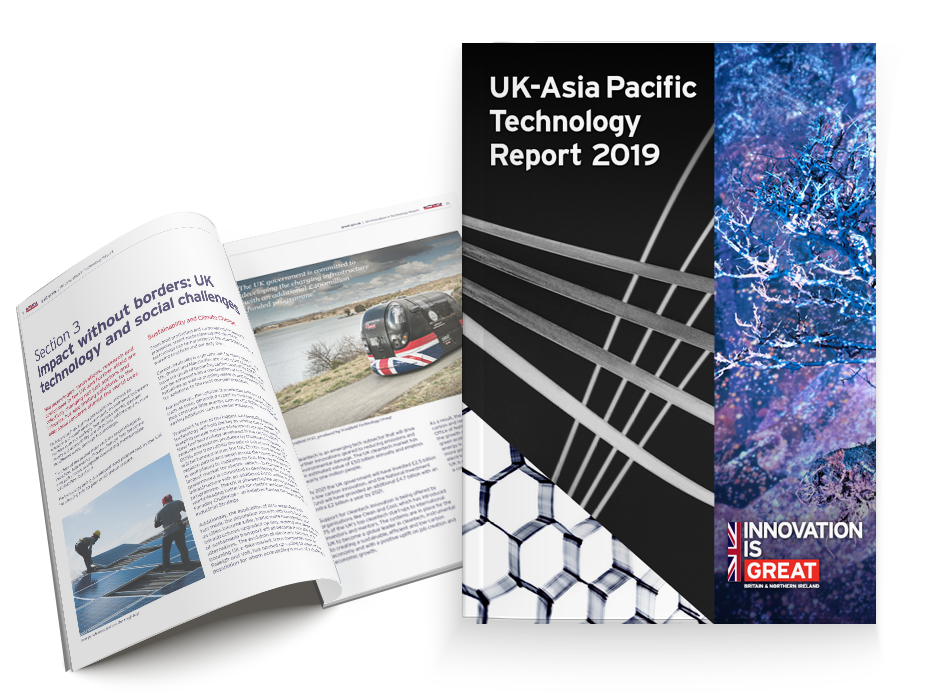
| row-end col-md-7 |
Get your complimentary copy of our UK-Asia Technology Report 2019
Find out how UK technologies and services can support your business in 2019 by reading our specialist report on the UK’s leading innovations. Highlights of the report include:
- Ground-breaking technologies in fintech, healthtech, education, autonomous vehicles, cyber security and more.
- Thriving conditions for tech businesses across England, Northern Ireland, Scotland and Wales.
- Examples of successful UK-Asia tech partnerships.
- Ways the UK is tackling global challenges such as sustainability, climate change and ageing populations.
Get full report now
| row-start col-md-7 #top-section top-section new-section colour-section |
| row-start col-md-7 #top-section top-section new-section colour-section |
| row-start col-md-7 #top-section top-section new-section hidden |
UK - Australia & New Zealand Policy News
Nicholas Yang, Secretary for Innovation and Technology, Innovation and Technology Bureau visited London in June 2018, during the visit, Yang met with Secretary of State for International Trade, Dr.Liam Fox. To discuss the Joint Statement on Closer Collaboration between the UK and Hong Kong on Trade and Economic Matters signed in March 2018, concerning the areas of innovation in smart cities development and key technology areas - including healthcare technologies, artificial intelligence and robotics technologies.
Yang also met with the Minister of State for Universities, Science, Research and Innovation Sam Gyimah, where they exchanged views on developing science and innovation in the UK and in Hong Kong. Hong Kong's latest policies and budget initiative includes introducing resources to develop AI, robotics, smart cities and biotechnology and nurturing talents. HKSAR Government has allocated $50 billion HKD of funding to the innovation and technology sectors in the Budget Address 2018/19, focusing on biotechnology, AI, robotics, smart city and fintech.
The Department of International Trade Hong Kong, will support and run a stand at Hong Kong ICT Expo from 13-16 April 2019, under the theme of: ‘Smart City: The Way of the Future’.
| row-start col-xs-12 col-md-6 |
Find innovative solutions for your business today
| row-end col-xs-12 col-md-4 |
